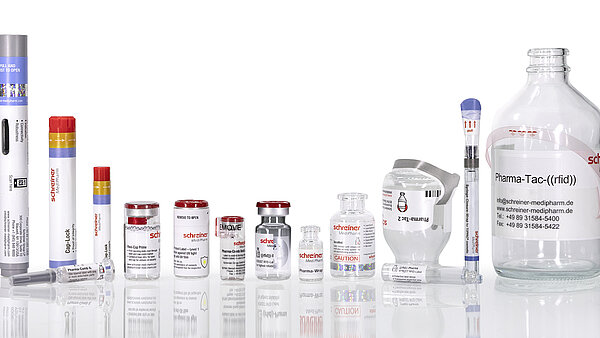
In the world of pharmaceuticals, precision, accuracy, and safety are paramount. One often overlooked aspect of this industry is the significance of pharmaceutical labels. These small, unassuming stickers play a pivotal role in ensuring the proper use, identification, and safety of medications. In this blog, we will explore the multifaceted role of pharmaceutical industry labels and why they are indispensable.
-
Identification and Branding
Pharmaceutical labels serve as the primary means of identification. They carry vital information such as the product name, dosage, batch number, and expiry date. For consumers and healthcare professionals alike, this information is crucial for proper drug administration. Additionally, labels also feature the manufacturer's branding, enabling patients to trust the authenticity and quality of the medication.
-
Safety and Compliance
Patient safety is non-negotiable in the pharmaceutical industry. Labels are a vital component in ensuring the right medication reaches the right patient in the correct dosage. They include barcodes and QR codes, which help in tracking and traceability throughout the supply chain. This traceability not only enhances patient safety but also ensures compliance with stringent regulatory standards.
-
Dosage and Usage Instructions
Detailed usage instructions are printed on pharmaceutical labels. These instructions are designed to provide patients with clear and concise information on how to take the medication safely and effectively. Misinterpretation of these instructions can have severe consequences, emphasizing the importance of clarity and accuracy in label design.
-
Multi-language Information
In our increasingly diverse world, pharmaceutical labels often need to accommodate multiple languages to cater to a global market. Ensuring that the information remains accurate and understandable in different languages is a significant challenge but is vital to patient safety and regulatory compliance.
Child-resistant packaging is a critical consideration, especially for medications that could be harmful to children if ingested accidentally. Pharmaceutical labels often indicate the presence of such safety features, alerting parents and caregivers to the need for extra caution.
-
Regulatory Compliance
Pharmaceutical companies must adhere to strict regulatory guidelines, which vary by region. Labels must comply with these regulations, which can be a complex and ever-evolving task. Failure to meet regulatory standards can result in costly recalls and damage to a company's reputation.
-
Anti-Counterfeiting Measures
Counterfeit medications are a global concern. Pharmaceutical labels often incorporate anti-counterfeiting features, such as holograms, special inks, or tamper-evident seals, to protect against counterfeit products entering the market.
-
Environmental Considerations
As environmental consciousness grows, pharmaceutical companies are increasingly focusing on sustainable label materials and printing methods. Biodegradable materials and reduced ink usage are just a couple of ways labels are becoming more eco-friendly.
Pharmaceutical industry labels might seem like a small detail, but they are undeniably crucial in maintaining patient safety, ensuring regulatory compliance, and supporting effective medication management. As technology advances and regulations evolve, labels will continue to play an ever more vital role in the pharmaceutical world, ensuring that medications reach those who need them safely and reliably.



